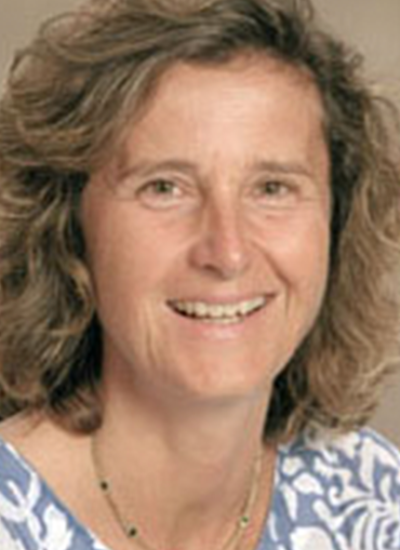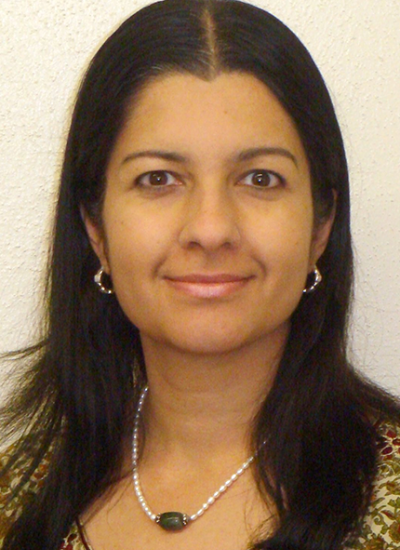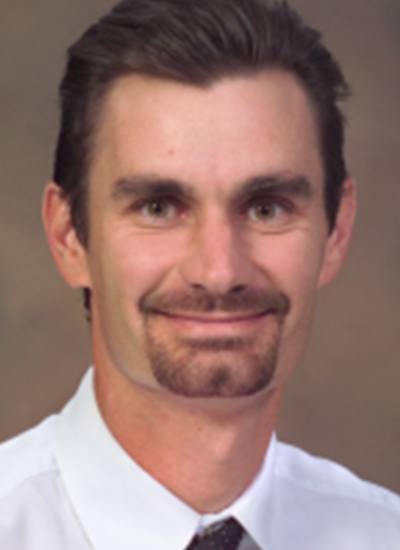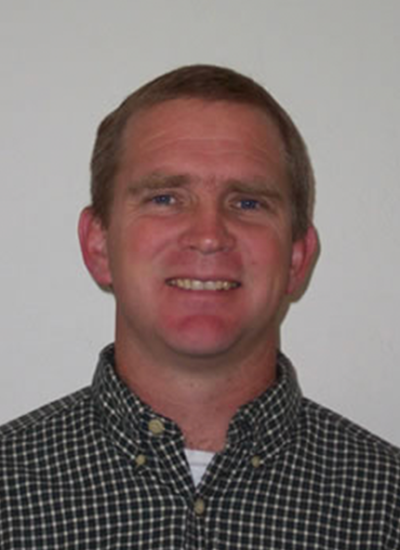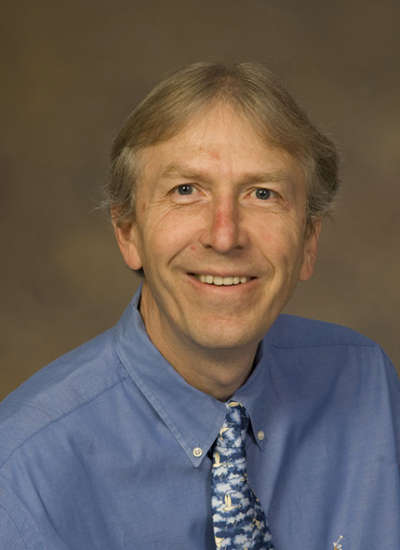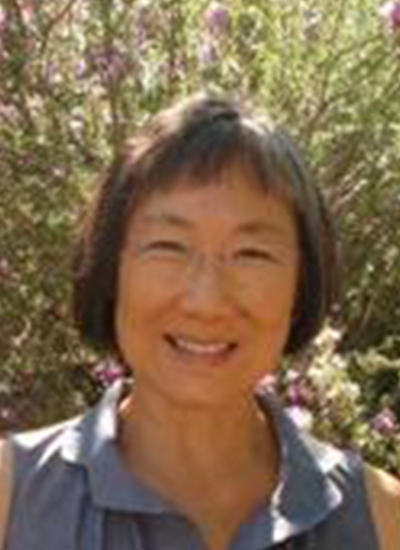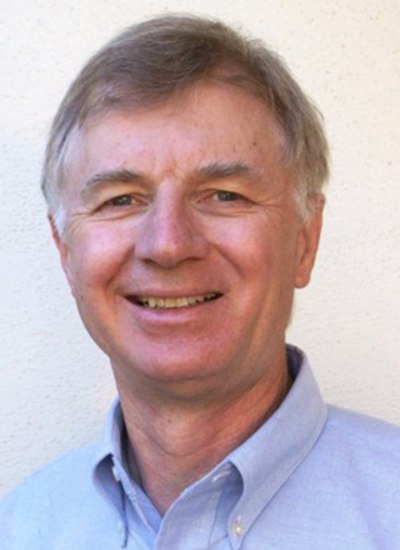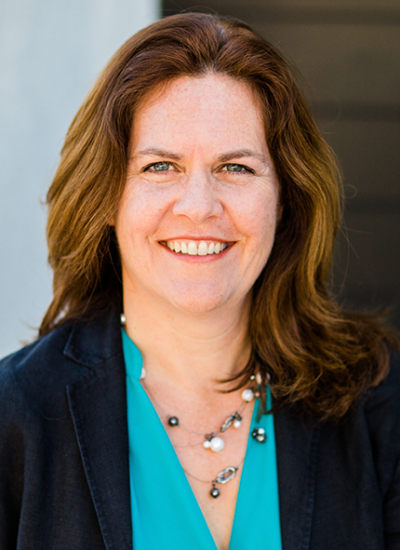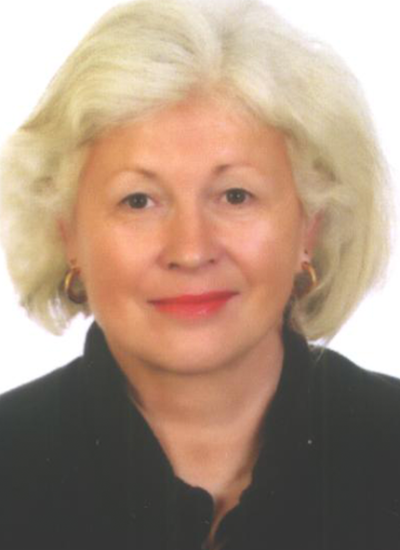Medicine
Gayatri Vedantam
Work Summary
Our research efforts focus on bacteria that cause serious healthcare-associated infections, and those associated with antibiotic use. This infections disproportiOur federally-funded research focuses on infection prevention. Specifically, we study diseases such as Clostridium difficile Infection that affect populations worldwide ("One-Health" issue). Our current efforts are aimed at translating bench-research findings to the bedside. We have recently been awarded two patents for a novel biologic agent invention aimed at preventing bacterial infections in humans as well as food animals.onately affect the elderly, and those with compromised immune systems. One overarching goal of our studies is to develop safe, cost-effective, non-antibiotic interventions to prevent and treat bacterial diarrheas.
Research Interest
Todd W Vanderah
Research Interest
Theodore P Trouard
Research Interest
Cynthia A Thomson
Research Interest
John A Szivek
Research Interest
Magdalene Yh So
Work Summary
How do bacteria "talk" to the body? How does the body reply to the microbe? How does this conversation affect your health and well being?
Research Interest
Timothy W Secomb
Research Interest
Joyce A Schroeder
Research Interest
Monika Schmelz
Work Summary
We are studying how tumor cells escape immunosurveillance, a hallmark of cancer, in aggressive lymphomas. MHCII is a protein important for immunosurveillance. We are studying the underlying mechanisms of altered regulation of MHCII in lymphoma cells and its effects on tumor immunosurveillance.
Research Interest
Pagination
- Previous page
- Page 3
- Next page


